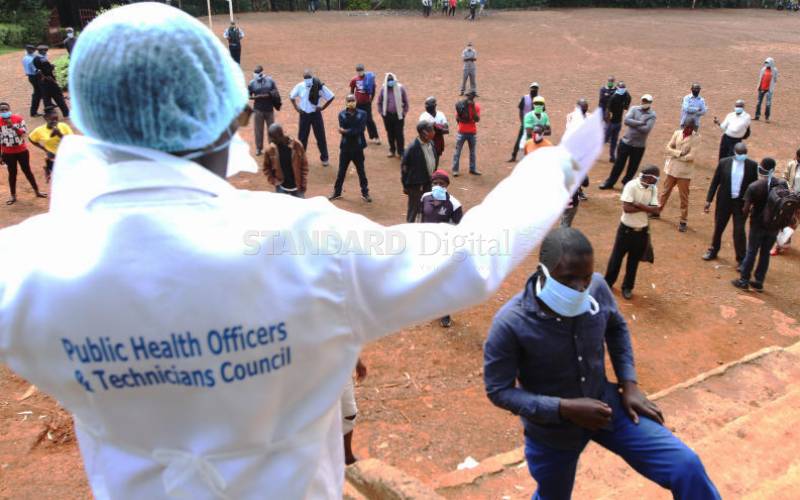×
The Standard e-Paper
Kenya’s Boldest Voice

Two weeks ago, I drove past Hill School- Eldoret. Well, those of my generation and above look back with nostalgia at how the public institution has become a pale shadow of the academic giant in times of yore.
Formerly a school for British and Boer settlers, Hill School- Eldoret reverted to the public at independence and was a shining light in the 1970s-1990s, posting good grades in national exams.